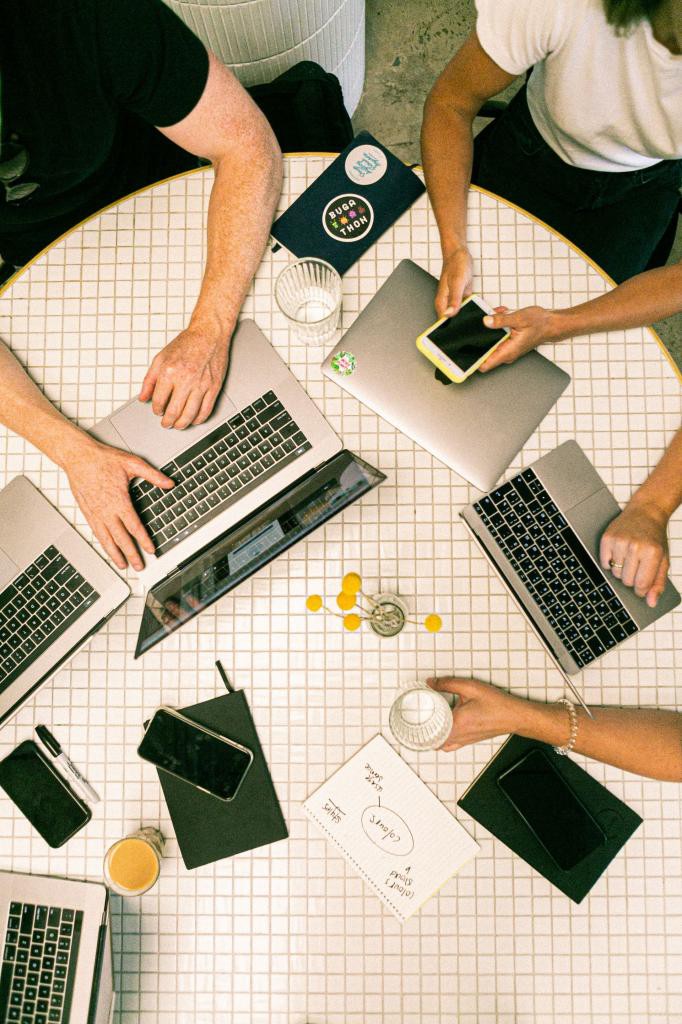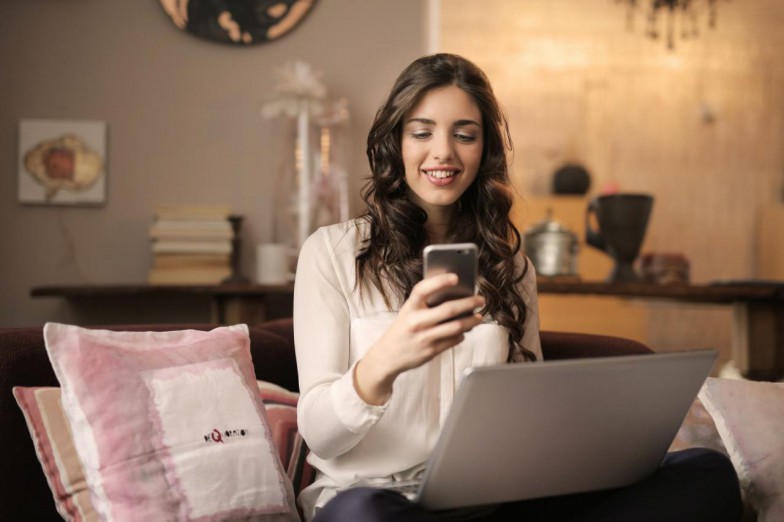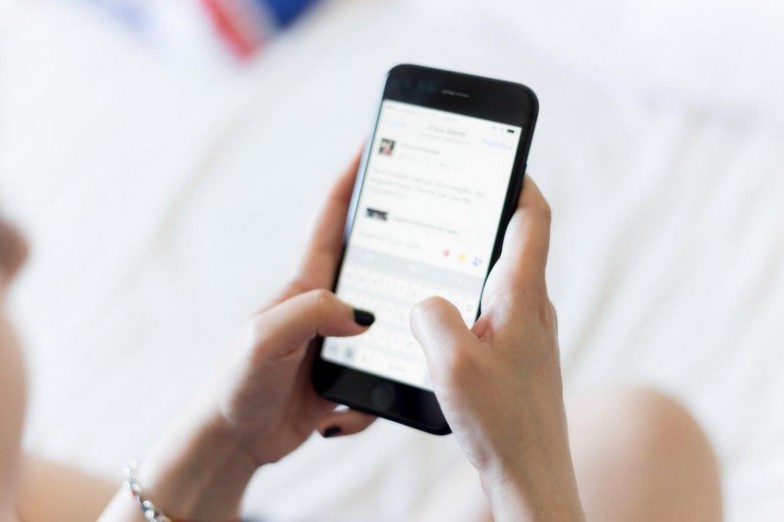
Here’s How To Limit Skin Screen Time Damage
Staring at a computer or phone all day is doing your complexion more harm than good, but we’ve found way to negate screen time damage as much as possible!
Screen time damage is fairly new, but we’ve found ways to fight it.
Staring at a computer or phone all day is doing your complexion more harm than good. It’s not altogether that surprising, but when your 9-5 depends on the digital world, what exactly can you do about it?
First, what is screen time damage? Experts have said that blue light — emitted by laptops, phones, tablets, TVs, and LED light bulbs — can cause hyperpigmentation and premature aging, as well as destroy collagen production.
That being said, its lasting and true effects on the skin are still being researched. One thing experts unanimously agree on is that blue light can damage the retina, reduce your excretion of melatonin, thus, throwing off your sleep cycle. Hence, why scrolling mindlessly at night is always considered a no no!

It’s important to note that when it comes to blue light, we do get 50% of our exposure from the sun itself (hence, the damaging effects are the same), but electronic devices are another huge source. Seeing as we spend up to half of our time in front of screens these days, it is becoming more of a topic of conversion in the skincare industry and beyond.
A dermatologist told Allure that one of the reasons device screens have become such a concern is due to the High Energy Visible (HEV) light.
So, what can we do? The frustratingly obvious solution is to limit how much time you spend in front of blue light. Or, at least utilize things like Apple’s ‘night shift’ mode or swap out LED bulbs for versions that emit less blue light. Apps like Redshift and f.lux are also available to help reduce the blue light your skin is exposed to. Alternatively, you can alway place your device further away from your face too.

During the pandemic, many beauty articles urged people to continue wearing SPF, despite being indoors all the time. The reason? Mineral sunscreens with iron oxides are believed to majorly protect against blue light.
According to leading dermatologists, antioxidant-rich products should also help to offset some of the harmful effects. Think, ingredients like vitamin C, green tea, and resveratrol, which help limit damage caused by free radicals and help to repair cells.
“I don’t think we’ve reached the point where High Energy Visible light is an emergency yet,” a dermatologist told Shape Magazine, warning readers not to forget their usual sun protection for trendy products that say ‘anti-blue light’ or ‘HEV blocker’ on the label.

Another dermatologist told The Guardian, “Until more research is done, people are better off just using broad-spectrum, five-star UVA protection every day. Many people still don’t realise that [the sun’s UVA rays] can penetrate through glass and is consistent throughout the year, not just in summer. Let me put it this way, if you’re sitting in front of a computer all day, and your monitor is next to a window, I think you should be more worried about the window than the computer.”
And again, while research is still in its infant stage and experts are trying to uncover the extent of screen time damage, they’re unanimous in their belief that doing something preventative in your daily skincare routine is better than nothing.






